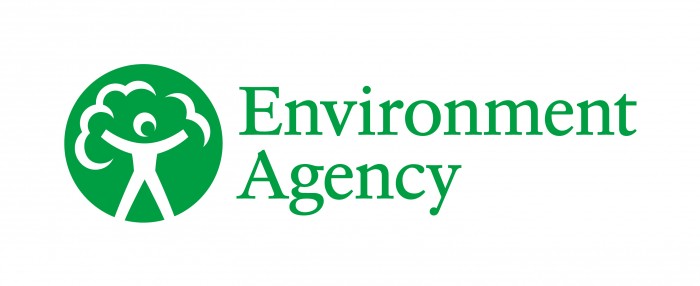The Environment Agency has set out its position on regulation during coronavirus, indicating that it will be ‘flexible’ where unavoidable breaches have occurred.
The agency has sent out an update to stakeholders on how it will operate during this period. Commenting specifically on pigs and poultry, the agency said told the NPA that across agriculture, it has stopped routine farm inspections, including certification body visits for the Pig and Poultry Assurance Scheme.
“Our officers may still visit farms to investigate serious pollution incidents,” the agency said. “If they do have to go on farms they will follow all the relevant advice, such as social distancing and hand washing, and respect the position of farmers and their families in how they want us to engage with them.”
The agency added that it is continuing with the BREF permit review, due to the approaching February 2021 deadline. “We hope farmers will still be able to provide feedback on their draft permit variations but we recognise this may not be possible due to other priorities,” the agency said.
The wider message to stakeholders can be viewed here
It includes a section outlining its position on ‘flexibility in regulation’ where producers are unable to comply with regulation for reasons out of their control.
“We expect everyone that we regulate to take all reasonable steps to comply with all relevant environmental legislation, and prepare for any foreseeable impacts as far as practical to reduce the impacts on people and the environment,” it says.
“However, we understand this is a difficult time for many organisations. Many will be facing
staff shortages which will impact their operational ability. This may mean it is not possible for
those who we regulate to fully comply with their environmental obligations for reasons
beyond their control.
“We are monitoring the situation closely and will consider the appropriate regulatory response
to any unavoidable non-compliance.
“In determining our regulatory response, we will consider our Enforcement and Sanctions Policy. This will include considering whether it is appropriate to publish a Regulatory Position Statement (RPS) in relation to a particular regulatory noncompliance.”




